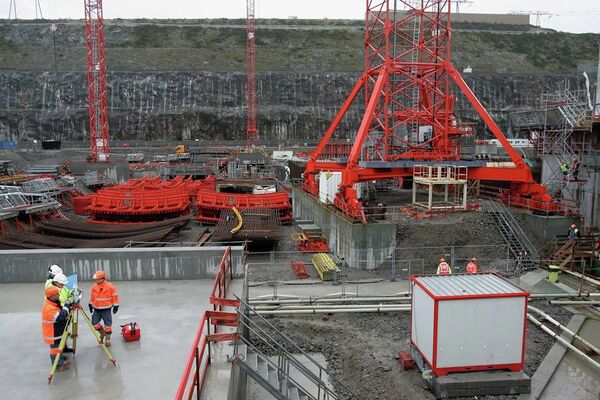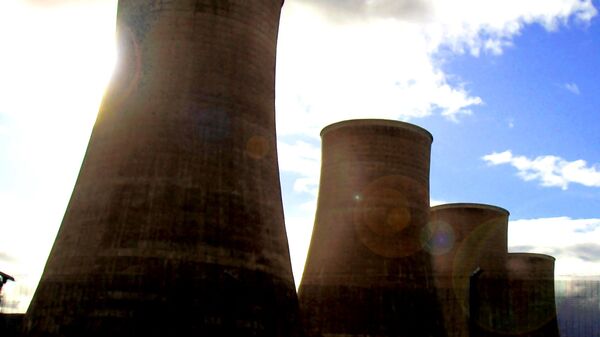Investec Securities issued a sell notice on EDF shares citing "long-term concerns" over the French energy group which has faced major challenges following the Fukushima disaster in Japan. A research note from Harold Hutchison, utility analyst with Investec said:
"A long-dated project is the last thing that EDF needs, given the existing pressures on its balance sheet. Unless favorable disposals materialize, we fear the dividend will be a casualty."
The news will come as a blow to backers of new nuclear power only days after EDF and CGN signed a Strategic Investment Agreement which marks a critical moment for the new site at Hinkley Point in Somerset. EDF has confirmed it will take a 66.5 percent stake in Hinkley with CGN taking 33.5 percent, demonstrating a clear commitment from both parties.
Great that confirmation of Hinkley was secured yesterday. #Nuclear will help us to move to a low carbon economy, creating 25k jobs
— Andrea Leadsom MP (@andrealeadsom) October 22, 2015
EDF has been beset by problems ever since confidence in nuclear energy was sapped following the earthquake and tsunami which led to an accident at the Fukushima plant in Japan, in March 2011, when damage from the natural disaster caused three nuclear meltdowns.
— EDF Energy HinkleyC (@edfehinkleyc) October 22, 2015
Has any democratic nation ever given so much access to essential infrastructure to a foreign (non democratic) power? #hinkleypoint
— Jill Segger (@quakerpen) October 22, 2015
In the aftermath, Germany announced plans to speed-up its disposal of nuclear powers stations and France also said it would reduce its reliance on nuclear in the future. This immediately caused financial issues at both EDF, as well as Areva, its nuclear build partner. Both companies were experiencing cost and time overruns at two new plants currently under construction in France and Finland.
Dark Financial Clouds
The CEO of EDF, Jean-Bernard Levy, in September announced a further postponement of the commissioning of the gigantic new nuclear power station at Flamanville in northern France and admitted the price has more than tripled.

Levy said the first French third-generation European pressurized water reactor (EPR) with a capacity of 1650 MW will cost in the region of US$12 billion — more than three times the original projected cost of US$3.37 billion and fuel loading will not even start until late 2018, six years behind schedule.
Meanwhile, construction by EDF and Siemens of the Olkiluoto nuclear plant in Finland — based on the same design as Flamanville has also suffered many delays and cost overruns.
Olkiluoto Nuclear Power Plant Finland…w Polsce nawet w książkach s-f to inna galaktyka pic.twitter.com/VfSzNWlg2t
— Tomasz Kubacki (@TomasKubacki) July 1, 2013
The French nuclear energy sector has been in trouble with EDF partner, Areva announcing in February it expected its 2014 net loss to widen to about US$5.6 billion, from a year earlier. That precipitated a French Government high-level meeting that led to the state-controlled utility EDF buying a majority stake in the reactor business of nuclear group Areva.
In March 2015, ratings agency Standard & Poor's further downgraded Areva's credit rating to BB — after Areva posted a US$5.3 billion loss for 2014.
However, the EDF-Areva merger and financial issues led to the French company re-assessing its financial case for Hinkley Point C. It was hoped that the deal with the Chinese CGN would put the project back on track.
The Investec sell notice to EDF shareholders is likely to put further pressure on EDF and the financing of the project, which the UK government has already admitted it is part-subsidizing.



